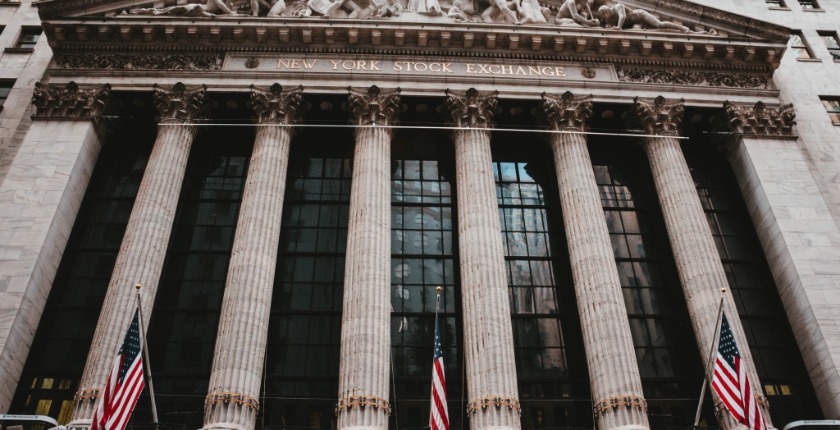Interviews - December 19, 2018
"Financial return and impact are compatible", interview with Bertrand Badré


Written by Tristan Lebleu
Bertrand Badré knows the world of finance inside out. For nearly 20 years he has discovered all its facets: the major banks, as CFO at Société Générale and Crédit Agricole, but also international financial organisations, as Managing Director of the World Bank and CFO of the World Bank Group. Bertrand Badré is also the founder of the investment fund Blue like an Orange Sustainable Capital. His book, "Can finance save the world?", prefaced by Emmanuel Macron and Gordon Brown, is a reference book on sustainable finance.
In your latest book, you clearly ask the question "Can finance save the world?”. Do you think that finance can really become a tool for the common good?
Today, saying that finance can save the world causes astonishment at best and anger at worst. This notion is counter-intuitive. However, for several years now, the major international meetings on climate change in Paris and sustainable development in New York have shown that we want to engage the planet in a new form of economy. The question asked was "In what world do we want to live?”. The answer was very clear: we want to live in a more sustainable world, where inequalities are reduced, where there is less poverty, where people have access to water, to health... The real problem is that we have not asked ourselves the essential question of how we will finance these commitments. Very ambitious figures, in "trillions" have been made. But we have not yet resolved the issue from a technical point of view.
What are your recommendations for achieving this goal?
Several leads exist. Some have a very brutal vision to transform capitalism, and believe that revolution must be made in the first sense of the word. That is not the way I would recommend. I believe that the market economy remains a good tool for allocating resources, but it must be supervised. The market economy responds mainly to two main stimuli: on the one hand, the regulation to which it is subject. On the other hand, customer expectations. So I think that in order to have a finance that serves the common good, we need to define the right rules and encourage clients to make the right choice. If we can do that, the market economy will go to the right place.
Didn't the rules change during the 2008 financial crisis?
Many people sometimes say "don't waste a good crisis". I wonder if we did not waste the 2008 financial crisis. Certainly, we have managed to avoid the complete collapse of the financial system, unlike what happened in the 1930s. But we did not take advantage of this moment to redirect finance towards a more sustainable, more accountable, more transparent, and simpler form of finance.
In your opinion, what exactly should be changed to redirect finance?
We continue to focus on the short term rather than the long term. Let us take the example of accounting. Today, it values market value and therefore, in a way, a liquidative approach to things. Prudential regimes, such as Solvency ii, are also regimes that protect financial stability in the short term. We did not think of the system in a holistic way. If we want 21st century finance to be a finance that serves the long-term challenges, it must be reflected in our accounting rules, reporting, audit standards, ratings, etc....
We need to confirm that so-called "green" finance is not a separate pocket of the system. We need to move from a system where sustainable finance is the exception to a system where it is the norm. Everyone must gradually integrate that any investment, any financial tool, any financial practice, aims at sustainability. We must change paradigm, therefore change minds and change rules.
Can you introduce us to Blue Like An Orange Sustainable Capital?
The objective of Blue Like An Orange Sustainable Capital is to combine financial performance with a positive and measurable impact. And to do it on a certain scale. We do not want to create a new niche player, but rather to offer institutional investors - pension funds, insurers, sovereign funds - a product that enables them to meet their fiduciary obligations. One of the difficulties of impact finance is that it is often perceived as less remunerative. And this creates nervousness among investors. Through this company we show that it is possible to have a significant financial return while having an impact. These two concepts are not incompatible. On the contrary, over time we have shown that they are very compatible. If we can make this shift, then the transition to a sustainable economy is probably one of the markets that offers the most economic opportunities.

Written by Tristan Lebleu on December 19, 2018
